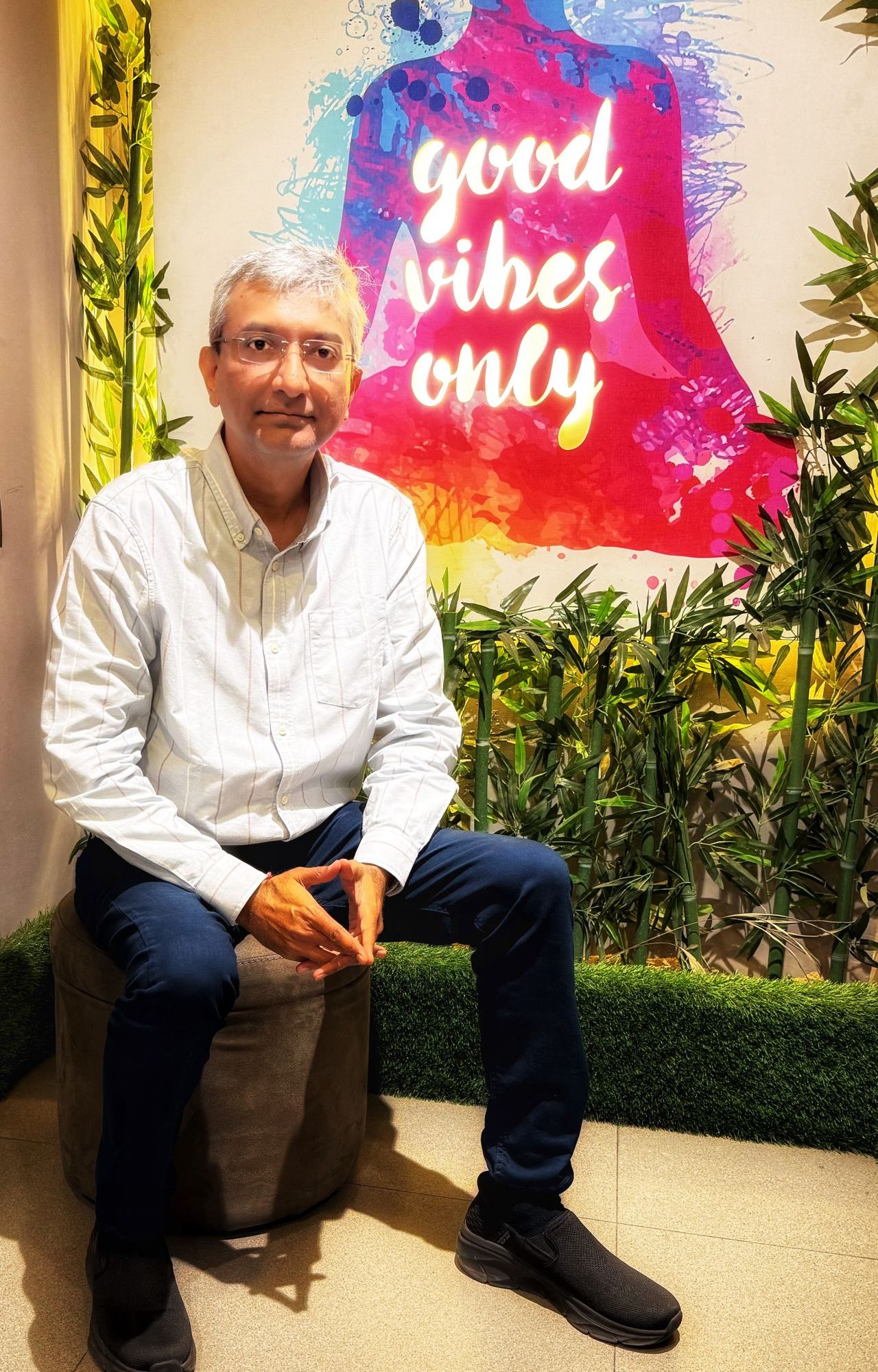
We all live in a strange marketplace – not of money, but of feelings. Where affection is traded, loyalty is borrowed, and kindness often goes bankrupt. It’s the Economics of Emotions, and like any market, it’s full of irrational players, insider trading, and emotional inflation.
The Good Guys’ Paradox
Good guys are the long-term investors of love. They give, they trust, they stay – assuming kindness compounds.
But emotions don’t follow fair market rules.
They follow asymmetric information theory – one side feels more, the other knows it.
So, while one keeps investing time, care, and empathy… the other keeps collecting dividends without ever matching deposits.
It’s not that the good guys are weak – they’re just inefficient emotional capitalists.
They overvalue memories, ignore market signals, and never know when to cut losses.
Game Theory of the Heart
Every emotional relationship is a live experiment in Game Theory.
Some play the Prisoner’s Dilemma – afraid to be honest because they fear losing the upper hand.
Some keep people “around” like emotional call options – never committing, just ensuring they’re not alone when markets crash.
And some treat affection as a zero-sum game – believing someone else’s happiness somehow reduces theirs.
The smartest emotional investors?
They play the infinite game where both win through trust, transparency, and time.
Behavioral Biases, Broken Hearts
Love, too, has its cognitive biases:
a) Loss Aversion: we cling to wrong people because letting go “hurts.”
b) Anchoring Bias: we overvalue how good it “used to be.”
c) Sunk Cost Fallacy: we stay just because we’ve already stayed too long.
We overinvest emotionally but under-diversify mentally – expecting one person to deliver lifetime returns on all our needs.
Emotional Inflation
Compliments are now overprinted.
“I miss you” has lost its gold backing.
And “love” – once a rare commodity – trades in bulk.
In this noisy emotional market, authenticity has become the new scarcity.
Real attention, genuine care, and emotional safety – these are the blue-chip assets of the heart.
Final Word
So, maybe it’s time to rebalance your emotional portfolio.
Invest in those who value you.
Don’t let empathy become your unpaid labor.
And remember: peace of mind is the highest ROI you’ll ever earn.
Because in the end, emotions aren’t just currency – they’re capital.
And like any economy, the emotional world thrives only when both sides contribute real value.
So, trade wisely. Love deeply.
But never – ever – sell your sanity for sentiment.
